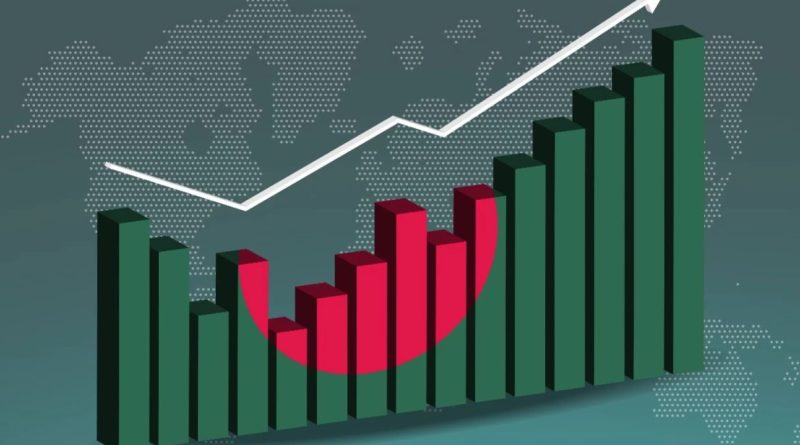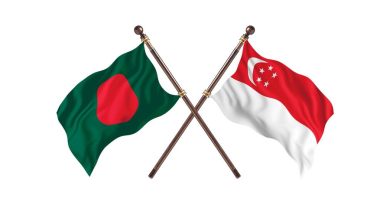Bangladesh’s economy is showing signs of stabilization, supported by tight monetary policy, fiscal discipline, robust exports, and strong remittances, according to the June–July 2025 issue of Bangladesh Monthly Macroeconomic Insights by the Policy Research Institute (PRI).
However, investment remains subdued, with capital machinery imports falling 20–25 per cent and construction sector growth slowing sharply. Experts warn this could constrain future economic expansion and job creation.
The report was released at PRI’s Dhaka office on Thursday, in an event chaired by PRI Executive Director Dr Khurshid Alam. Mohammad Akhtar Hossain, Chief Economist of Bangladesh Bank, attended as chief guest, alongside economists, business leaders, and private sector representatives.
“High inflation, currently around 9 per cent, is the major challenge,” Hossain said. “Efforts are underway to bring it down to 3 per cent swiftly. Once achieved, long-term monetary measures will maintain inflation around 4 per cent, reducing deposit and lending rates and supporting business and investment.”
Dr Ashikur Rahman, Principal Economist at PRI, highlighted the slowdown in investment. “Capital machinery imports have fallen 20–25 per cent, construction sector growth is weakening, and industrial production remains sluggish. The RMG and mining sectors underperformed, and electricity generation in July fell 1 per cent year-on-year.”
The government is responding to energy constraints by increasing LNG imports by 43 per cent and electricity imports by 13 per cent in June to meet rising demand. Meanwhile, headline inflation rose slightly to 8.55 per cent in July due to food prices, though the broader trend shows moderation; the 12-month average remains elevated at 9.77 per cent.
The external sector showed a turnaround last fiscal year, posting a $3.4 billion balance of payments surplus after three years of deficits, aided by record remittances and strong exports. Foreign reserves reached $25 billion, covering 4.5 months of imports. The Bangladesh Bank is also reforming the financial sector, merging weak banks and liquidating nine non-bank financial institutions.
Business leaders expressed concern over political uncertainty, rising business costs, and high interest rates. “Retail shops are closing, small enterprises in rural areas are shutting down, and major companies are reporting 35–40 per cent lower profits,” said Anwar-Ul-Alam Chowdhury, President of the Bangladesh Chamber of Industries.
Dr Nasiruddin Ahmed, former NBR chairman, criticized current audit practices and called for targeted computerized random audits, separating policy formulation from implementation. Habibullah N Karim, Senior Vice President of MCCI, warned that extreme poverty and unemployment indicate jobless growth, urging policy-driven incentives for ICT, agro-processing, and RMG sectors.
Dr Ahmad Ahsan, Director of PRI, stressed the need for political stability to reduce uncertainty and revive investment, employment, and overall economic growth, citing missed opportunities to transform Bangladesh into a global manufacturing hub like Vietnam.






